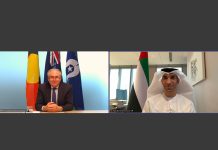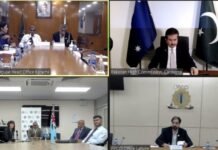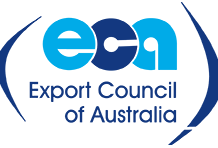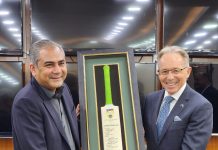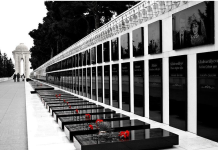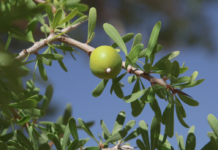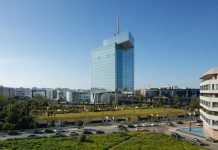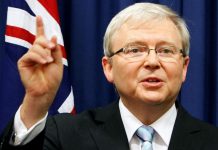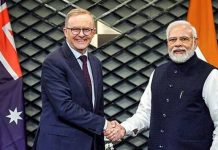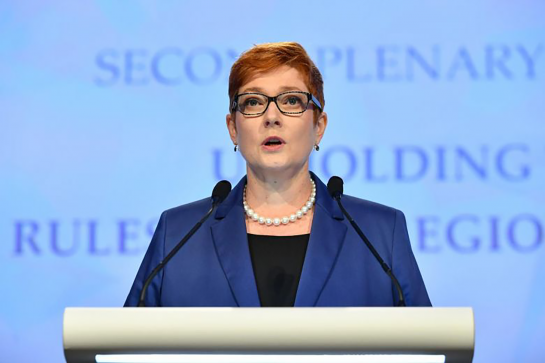Foreign Minister Marise Payne is visiting Bangladesh from 3 to 5 September to attend 3rd ministerial meeting of the Indian Ocean Rim Association (IORA) in Dhaka.
She will also meet with Bangladesh Government leaders. Foreign Minister Payne is first Australian Foreign Minister visiting Bangladesh since 1998.
In her discussions with Bangladesh Government leaders including Foreign Minister AK Abdul Momen, she will focus on countering violent extremism, growing trade and investment links, promoting the Australian education sector, and addressing the Rohingya crisis.
The Indian Ocean Rim Association (IORA) is a dynamic inter-governmental organisation aimed at strengthening regional cooperation and sustainable development within the Indian Ocean region through its 22 Member States and 9 Dialogue Partners.
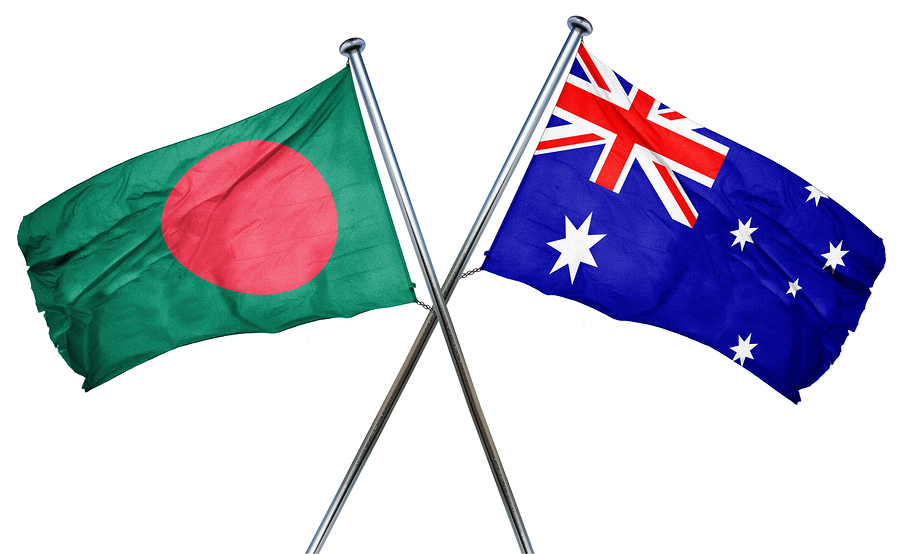
At the IORA Blue Economy Ministerial Conference to be held on September 5, she will highlight strategies for creating environmentally sustainable marine-based industries including fishing, aquaculture, tourism, shipping, oil and gas, said a statement by DFAT before her departure.
Ms Payne will announce the establishment of the IORA Blue Carbon Hub, an Australian initiative located at the University of Western Australia in Perth and managed by CSIRO. The Hub aims to promote the health of blue carbon ecosystems – mangroves, tidal marshes and seagrasses – to promote coastal protection, food security and sustainable livelihoods.
During her visit, she will travel to Cox’s Bazar, where more than 900,000 displaced Rohingya are living in refugee camps and host communities are also identified as needing humanitarian assistance.
Australia has been a leading provider of humanitarian assistance, including counselling and medical services to women and girls who have experienced violence, the supply of food and nutrition – particularly for children under five and breastfeeding women – and clean water, shelter and primary healthcare.



